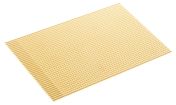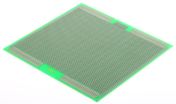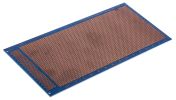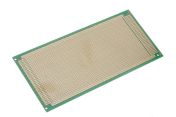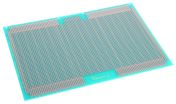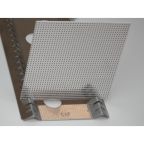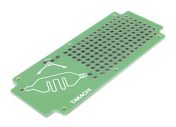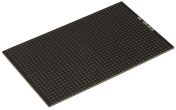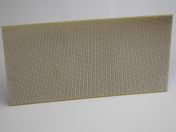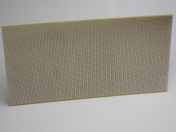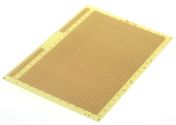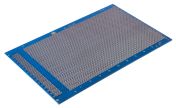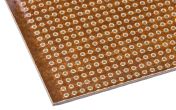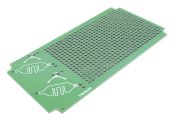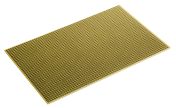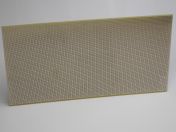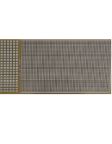Matrix Boards
Matrix boards are prototype circuit boards used for laying out electrical components securely, and can be used for both high frequency and analogue circuit building. When using a matrix board, electrical parts are soldered together and joined with tinned copper wire.
Base materials typically include glass epoxy or synthetic resin-bonded paper. Matrix boards may be single, double or multi-layered, referring to the copper lining used. Multi-layering has the benefit of being both compact and lightweight.
What are matrix boards used for?
Matrix boards help to customise circuit board fabrication. You can build a permanent project using the board as it is. Alternatively, the board can function as a pre-design tool from which you would copy the layout onto a standard PCB (printed circuit board). Boards are available in various forms and sizes. Using a matrix board pre-project allows you to keep all the parts of your circuit easily accessible.
Types of matrix boards
Universal matrix boards are adaptable to most circuit building activities, whereas plain matrix boards are suitable for simpler projects. Special pitch boards have rounded corners allowing easy soldering, while copperless boards provide a more even workspace. Multibus II boards which are often double sided and feature an expoy glass composite design, are also an ideal prototyping board.


